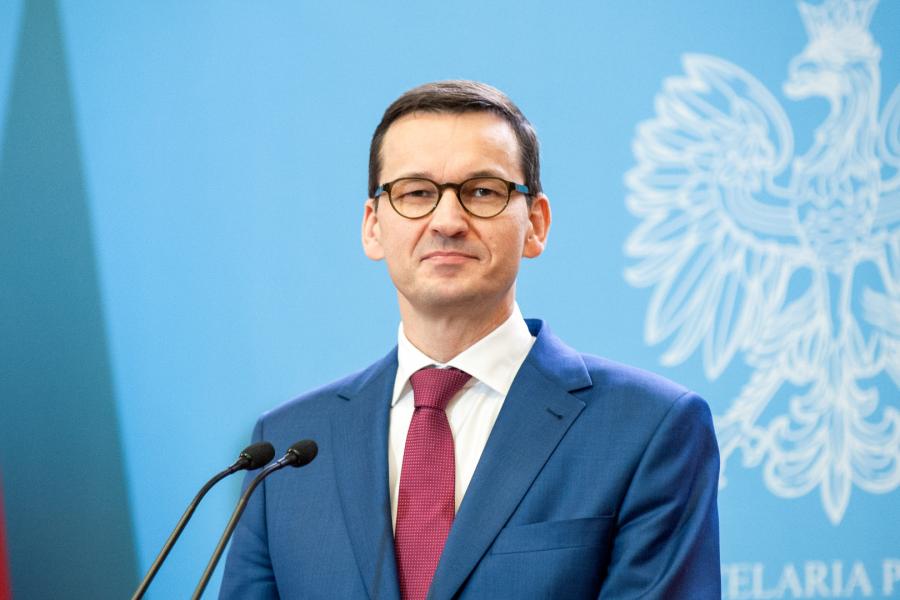WHAT THE BATTLES DECIDED ABOUT?
We have stopped treating history as the history of wars. We take into account social issues to a large extent, economic and cultural. There is no doubt, however, that a lost or won war had a burden on the further course of history of this or that nation, that a lost or won battle had a distinct echo in the development of the political situation for many decades. So try to define, as determined by the battles listed here. I don't think it will cause you any difficulties, if you know, between whom they were fought.
1. Charonea 338 p.n.e.
2. Remain 202 p.n.e.
3. Poitiers 732
4. Hastings 1066
5. Sempach 1386
6. Grunwald 1410
7. Constantinople 1453
8. Poltava 1709
9. Maciejowice 1794
10. Stalingrad 1942
ANSWERS – WHAT THE BATTLES DECIDED ABOUT?
1. Charonea, the city in Boeotia, was in the year 338 p. n. e. witness the battle, in which the armies of Athens and Thebes were defeated by Philip of Macedon. Philip defeated the Greeks despite brave resistance, especially the Thebans, whose holy squad lay on the battlefield until the last soldier. The Battle of Cheronea actually marks the end of ancient Greek independence.
2. W 202 R. p. n. e. the Roman commander, Scipio Africanus, won a decisive victory over the Carthaginian Hannibal near the city of Zama. Carthage, which until recently threatened Rome, it had to accept severe peace conditions and ceased to exist as an independent state. Decades later, the Romans completely demolished the city of Carthage itself. From then on, Rome was the only great power in the West.
3. Under Poitiers, he succeeded in 732 R. victory over the Arabs by Karol Martel (Hammer), Merovingian majordom; this victory saved the Franconian state from the Muslim flood. The Carolingian dynasty comes from Charles Martel. Its most prominent representative was Charlemagne (768—814).
4. Taking advantage of the disturbances plaguing England in the 11th century,. William raised a grudge against the English crown, Duke of Normandy. The victory over the Anglo-Saxons at Hastings in 1066 R. made him the lord of the country. He ordered to be elected and crowned English king as William the Conqueror. Since then, the strong influence of French culture on England is dated.
5. Victory at Sempach, taken 9 July 1386 R. by troops of the Swiss forest cantons over the troops of Leopold Habsburg, was decisive for the independence of Switzerland. Według podania do sukcesu Szwajcarów przyczyniła się bohaterska śmierć Winkelrieda, who grabbed the drawn spears of the Austrian knights and directed them into his own chest.
6. Threats to Poland and Lithuania in the 14th and 15th centuries. Teutonic danger led to a great war with the Order. At Grunwald 15 lipce 1410 R. the decisive battle took place, in which the Polish-Lithuanian army won a decisive victory. The Grand Master fell on the battlefield. The defeat of Grunwald broke the power of the Order.
7. W 1453 R. The Turks conquered Constantinople and made it their capital, changing its name to Istanbul. This marked the end of the Eastern Roman Empire, which about close 1000 it has survived for years in the west. The bonfire of a high civilization has gone out, derived directly from antiquity. The threat of Turkish conquest looms over central Europe.
8. During the Northern War, in year 1709, the Swedish king Charles XII ran around Poltava in Ukraine. Car Piotr, who rushed to the rescue of the city, he caused the Swedes a heavy defeat. Karol saved himself by escaping to Turkey. The victory in Poltava was an expression of Russia's advantage, which under Peter the Great became the most powerful state in Eastern Europe.
9. Near Maciejowice 10 October 1794 R. Polish insurgent forces led by Kościuszko were defeated in the fight against the Russians. The warden was taken prisoner. The Russians attacked Warsaw. Suvorov took Prague by bloody assault. Terrified Warsaw surrendered, and the remnants of the Polish army capitulated. The uprising collapsed. W 1795 R. the third partition of Poland took place.
10. During World War II, the German army in September 1942 R. launched an attack on Stalingrad. The city was to be maintained at all costs. The heroic defense continued 2 months, which allowed time to prepare the Soviet counteroffensive. The Germans were cut off and capitulated in February 1943 R. Russia's victory at Stalingrad initiated the retreat of the German armies.




